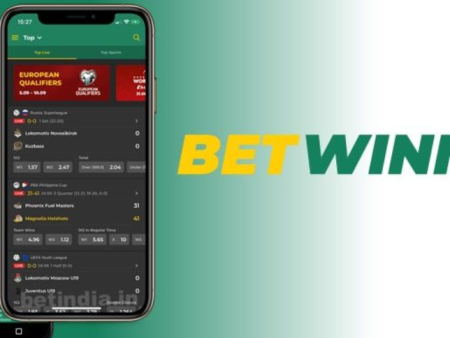In modern football, matches are rarely won on talent alone — they are managed. Especially in the final 15 minutes, when fatigue, substitutions, and strategy collide, coaches make critical decisions that determine how games end. For bettors, this phase of the match is golden — but only if you know what to look for.
Understanding game management tactics in the closing stages can help you make smarter live bets, predict momentum shifts, and anticipate late goals or defensive lockdowns.
Let’s explore what typically happens in the last quarter-hour, and how you can turn that knowledge into an edge.
What Is Game Management?
Game management refers to how a team — especially its coach — handles the final stages of a match when the scoreline, time, and tactical objectives must align. Whether leading, drawing, or chasing, a team’s behavior in the last 15 minutes is often predictable if you know the signs.
From strategic fouls and time-wasting to tactical substitutions and formation changes, teams shift priorities from style to survival.

Common Game Management Strategies (Minutes 75–90+)
| Situation | Typical Coach Action | Bettor’s Angle |
|---|---|---|
| Leading by 1 goal | Add a defender, slow tempo, switch to 5 at back | Bet on under goals, fewer corners |
| Drawing and under pressure | Bring on fresh midfielders to hold possession | Avoid live bets on goals unless momentum swings |
| Losing by 1 goal | Add striker, long balls, fullbacks push high | Look for late equalizer or over 1.5 goals |
| Holding 0-0 or 1-1 | Defensive subs, low-risk play | Bet on no more goals or draw |
| Playing with 10 men | Compact shape, time wasting | Bet on fewer attacks, likely late goal by opponent |
This table highlights how score context influences coaching decisions, and in turn, creates betting signals.
How Coaches “Close” a Game
When protecting a lead, coaches usually:
- Shift formations — from a 4-3-3 to a 5-4-1 or 4-5-1
- Make late substitutions — to run down the clock and add defensive energy
- Signal time control — instruct players to hold possession in corners or fake injuries
- Limit risk — avoid forward passes, keep fullbacks deep, reduce press
These changes signal a clear intention: protect the result at all costs.
For live bettors, this is often a great time to bet on:
- No more goals
- Under 2.5 total goals
- Final result staying the same
- Cards (if pressure mounts and fouls increase)
When to Expect a Late Push
On the flip side, when a team is chasing a goal, you’ll see a very different approach:
- All-out attack: Centre-backs pushing forward, crosses every 30 seconds
- Set-piece pressure: Corners, throw-ins, quick free kicks
- Desperation substitutions: A third striker, or attacking midfielders coming in for defenders
If you see these signs, consider:
- Betting on over 1.5 total goals late
- Placing a next goal bet
- Looking at live odds on a draw or comeback win
Momentum is everything — and the last 15 minutes are often emotionally chaotic, but tactically driven.
Don’t Ignore the Clock
Many goals, cards, and drama happen in stoppage time — and sportsbooks know it. Odds move fast in the 85th to 90+ minute window.
Here are three tips:
- Watch substitution patterns — A coach making a defensive sub in the 88th minute signals shutdown mode
- Know team tendencies — Some teams are famous for late comebacks; others collapse
- Don’t bet too late — Many platforms freeze markets once stoppage time begins, so act early if you’re confident
The Smart Bettor Watches the Sidelines
The final 15 minutes of any football match are not just dramatic — they’re strategically rich. Coaches show their intentions through substitutions, formations, and in-game instructions.
If you learn to read those cues, you’ll gain a crucial advantage in live betting. Remember: the scoreboard tells you what already happened — but a coach’s body language tells you what’s about to.


